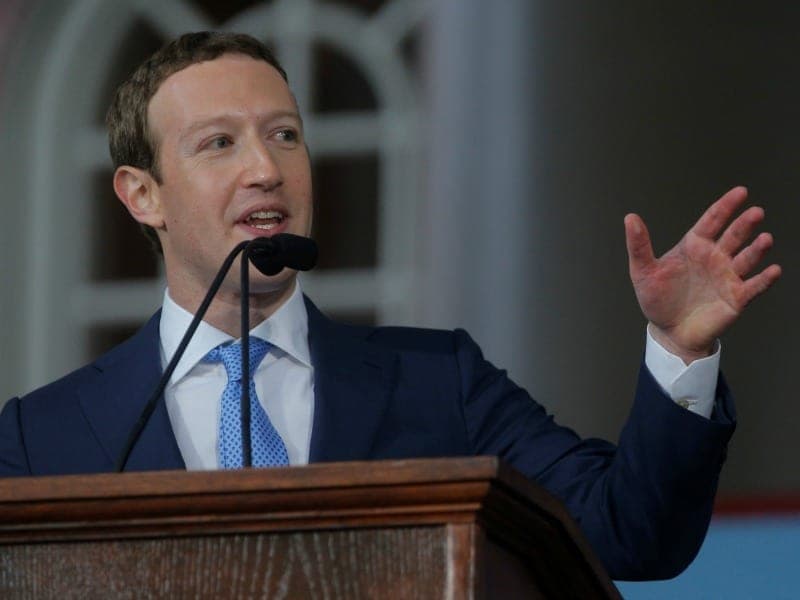CHICAGO — Its members gather to comfort and encourage one another. They check in on the sick and struggling. They wish each other a happy birthday.
But it’s not church.
It’s Facebook.
Founder and CEO Mark Zuckerberg said last week in Chicago at the first Facebook Communities Summit that the two are similar in the way they create community and bring people together.
“We all get meaning from our communities,” Zuckerberg said.
“Whether they’re churches, sports teams or neighborhood groups, they give us the strength to expand our horizons and care about broader issues. Studies have proven the more connected we are, the happier we feel and the healthier we are. People who go to church are more likely to volunteer and give to charity — not just because they’re religious, but because they’re part of a community.”
Zuckerberg made the analogy last week as he announced the new mission of the world’s largest social network: “Bring the world closer together.”
That comes as Facebook reached 2 billion users on Tuesday and expands its previous mission, as the CEO and founder described it, “to make the world more open and connected.” (It also comes as ProPublica published a review of internal documents shedding light on the algorithms Facebook’s censors use to determine hate speech.)
Christian publications interpreted Zuckerberg’s remarks in different ways; some said he was suggesting the social network should draw inspiration from the church, while others fretted he was envisioning a future where Facebook replaces the church.
Speaking to an audience made up of administrators of popular Facebook groups, Zuckerberg announced a goal to connect 1 billion people via groups and encouraged the administrators to invite and care for people in theirs — much like clergy do.
“As I’ve traveled around and learned about different places, one theme is clear: Every great community has great leaders,” he said.
“Think about it. A church doesn’t just come together. It has a pastor who cares for the well-being of their congregation, makes sure they have food and shelter. A Little League team has a coach who motivates the kids and helps them hit better. Leaders set the culture, inspire us, give us a safety net and look out for us.”











